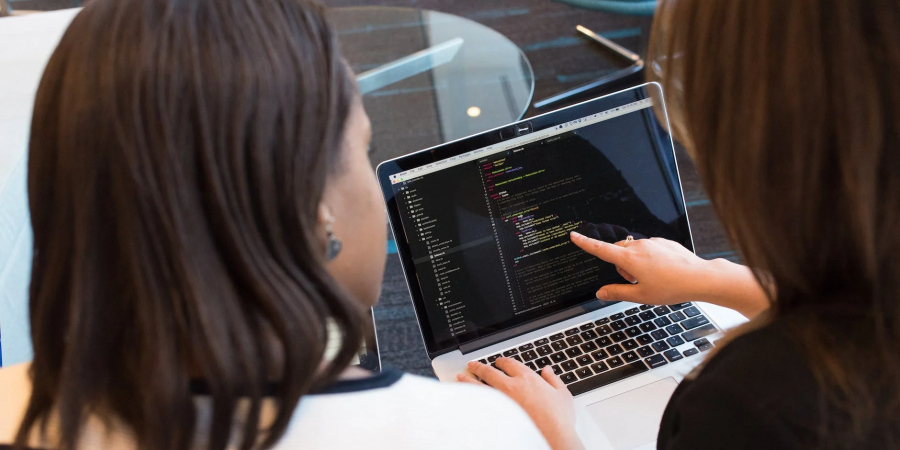

Learning a programming language can be an exciting and rewarding endeavor. Here's a guide on how to make the process easier and more effective:
### **1. **Define Your Purpose:**
- **Clarify Goals:** Understand why you want to learn programming. Whether it's for web development, data science, or app development, a clear goal will guide your learning path.
### **2. **Choose the Right Language:**
- **Beginner-Friendly:** Start with a beginner-friendly language like Python or JavaScript. They have clear syntax and are versatile, making them great choices for beginners.
### **3. **Set Realistic Goals:**
- **Break It Down:** Divide your learning into manageable goals. Focus on specific concepts or projects, making the learning process more achievable.
### **4. **Interactive Learning:**
- **Coding Platforms:** Use interactive platforms like Codecademy, freeCodeCamp, or LeetCode. These platforms provide hands-on experience and instant feedback.
### **5. **Hands-On Projects:**
- **Apply Knowledge:** Build real projects. It could be a personal website, a simple game, or a utility tool. Practical application solidifies your understanding.
### **6. **Read Documentation:**
- **Develop Documentation Skills:** Learn to navigate and understand documentation. It's a crucial skill for any programmer and helps you utilize libraries and frameworks effectively.
### **7. **Engage in Coding Communities:**
- **Join Forums:** Participate in coding communities like Stack Overflow, GitHub, or Reddit. Asking questions and collaborating with others can enhance your learning.
### **8. **Pair Programming:**
- **Learn with Others:** Pair programming involves two individuals working on the same code. It promotes collaboration and can accelerate learning.
### **9. **Online Courses:**
- **Structured Learning:** Enroll in online courses on platforms like Coursera, Udacity, or edX. These often offer structured curriculum and expert guidance.
### **10. **Read Books and Articles:**
- **Deepen Understanding:** Read programming books and articles to deepen your understanding of programming concepts and best practices.
### **11. **Practice Regularly:**
- **Consistency Matters:** Regular, consistent practice is key. Treat programming like a skill that improves with continuous effort.
### **12. **Code Challenges:**
- **Improve Problem-Solving Skills:** Solve coding challenges on platforms like HackerRank or Codewars. It hones your problem-solving skills and exposes you to diverse problems.
### **13. **Attend Meetups and Conferences:**
- **Networking:** Attend local meetups or online conferences. Networking with other learners and experienced developers can provide valuable insights.
### **14. **Version Control Systems:**
- **Learn Git:** Familiarize yourself with version control systems like Git. It's essential for collaborative coding and managing code changes.
### **15. **Stay Updated:**
- **Follow Trends:** Programming languages and frameworks evolve. Stay updated with industry trends and adopt new technologies as needed.
### **16. **Take Breaks:**
- **Avoid Burnout:** Programming can be intense. Take breaks to avoid burnout. Physical activity and relaxation contribute to a healthy learning process.
### **17. **Reflect and Iterate:**
- **Evaluate Progress:** Regularly reflect on your progress. Identify areas for improvement and adjust your learning strategy accordingly.
Remember, learning to program is a journey, not a destination. Embrace the challenges, celebrate your successes, and keep a curious and open mindset.
